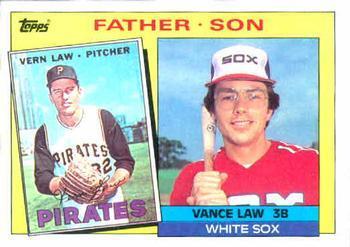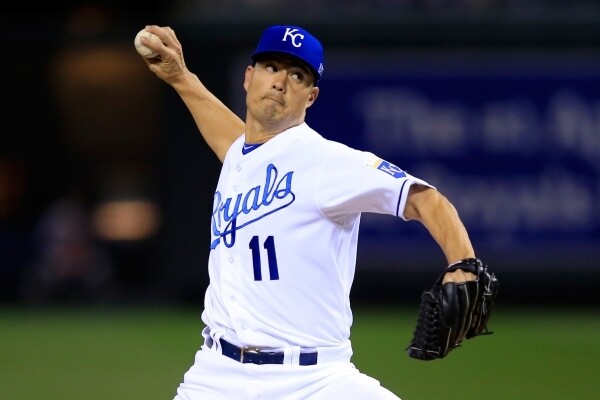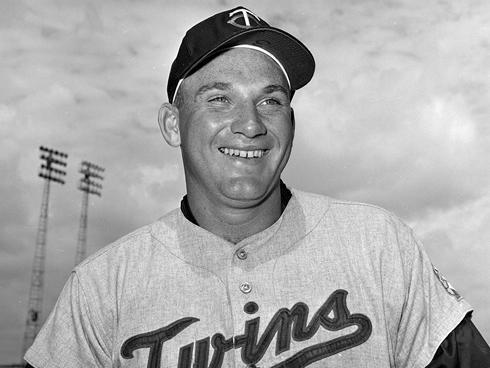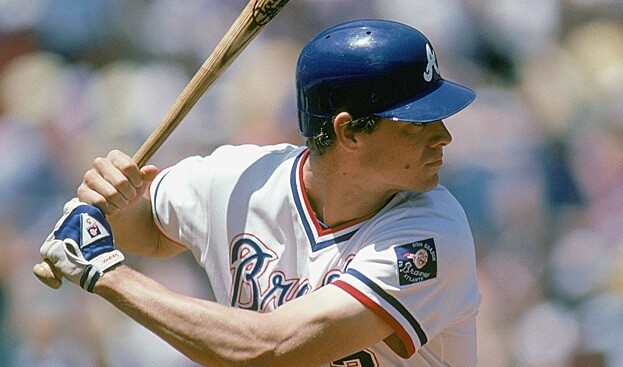After pitching a revered and rare perfect game in the minor leagues, Latter-day Saint Roy Castleton got called up to play in the majors in 1907, becoming the first Latter-day Saint and first Utahn player in Major League Baseball.
Since then quite a few Latter-day Saints have made their names in professional baseball, from Hall of Famers Dennis Eckersley and Harmon Killebrew to two-time National League MVP Dale Murphy.
But along with their athletic skills, many Latter-day Saints in the Major League have found ways to share their faith in profound ways.
Bryce Harper
Bryce Harper was the first MLB draft pick in 2010, and he hasn't been a disappointment. After becoming the youngest position player to be named to an MLB All-Star game, he won the National League MVP award in 2015.
And whether on social media or in responses to reporters, Harper makes his standards clear.
"I feel I can be a walking Book of Mormon and help people on the baseball field and off it," he told the Washinton Times. In fact, on every autograph he signs and on his bats as an amateur player, Harper prints Luke 1:37: "For with God nothing shall be impossible."
One look at Harper's Instagram, which links to lds.org in his bio, shows that he tries to share his beliefs in his daily living.
"Life-changing truths are before our eyes and our fingertips, but sometimes we sleepwalk on the path of discipleship." -Uchtdorf #OpenYourEyes #ldsconf A photo posted by Bryce Harper (@bharper3407) on Oct 1, 2016 at 9:33am PDT
Remember the bigger things in life than just normal every day life! Help others, be kind, be forgiving, and love one another..Most of all remember who you are and want to be🙌🏼 Sometimes we all lose sight of the importance of the gospel and/or what means the most! 2 Samuel 22:3 #JustAThought A photo posted by Bryce Harper (@bharper3407) on Aug 25, 2016 at 11:35am PDT
The best package I've got in a long time!🙏🏻 #LDS A photo posted by Bryce Harper (@bharper3407) on Jul 16, 2016 at 12:53pm PDT
Peace and beauty! #D&Cstudy A photo posted by Bryce Harper (@bharper3407) on Aug 29, 2016 at 9:27pm PDT
Lead image of Bryce Harper from sportingnews.com.
Jeremy Guthrie
In October 2013, Royals pitcher Jeremy Guthrie made MLB and Latter-day Saint history as the first returned missionary to appear in the World Series. Guthrie was also the oldest first-round pick to reach the majors in this century—another historic fact that can be attributed to his mission.
After selecting Guthrie in the 15th round, the Mets offered him a $650,000 bonus. Guthrie declined, determined to serve a mission. Then the Mets general manager asked Guthrie if $1 million would convince him to play baseball full time. Guthrie refused, choosing his mission over the Mets.
After a mission to Spain and a successful MLB career, Guthrie doesn't regret his decision. After signing with the Cleveland Indians, at an early training session the Indians coaching staff asked each player, "Who are you?"
Guthrie unhesitatingly replied, "I am a child of God" ("LDS Pitcher Jeremy Guthrie Speaks at Devotional," Deseret News).
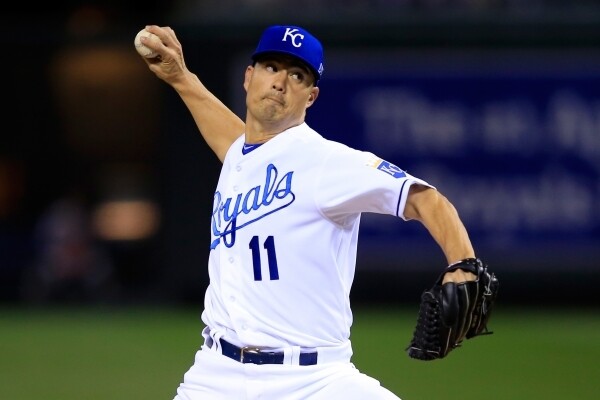
Image from sportsworldnews.com.
About his experiences, Guthrie says, "Everything you do in life is preparing you to meet God. I wanted to do what the Lord wanted me to do.”
Today,Jeremy Guthrie says the greatest part of his life is "this family that I have."
But Jeremy Guthrie isn't the only Latter-day Saint professional baseball player to turn down a big bonus for his mission. McKay Christensenturned down a $1 million signing bonus with the California Angels, saying, "My mission is not for sale.” And Cale Iorg turned down a $400,000 signing bonus with the Rays in order to serve a mission to Lisbon, Portugal.
Vern & Vance Law
Vernon Law played 16 years in professional baseball, bringing home a World Series title in 1960 with the Pittsburgh Pirates.
Nicknamed "The Deacon," no one questioned Vern's standards or his beliefs. "Faith is really the central element of his life," author John Moody told theDeseret News.
In fact, Vern even experienced a "bizarre injury that is now part of World Series lore" while attempting to protect his beliefs. After winning their final game to make it into the World Series in 1960, players with the Pittsburgh Pirates attempted to rip off Vern's shirt, something he resisted "in part because he was protective of his temple garment," Deseret News reported.
"I wanted to be successful enough that I'd have opportunities to talk about the church," Vern said.
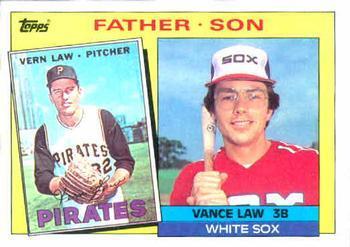
Image from tradingcarddb.com.
Decades later, Vern's son Vance followed in his father's footsteps, playing 14 years in professional baseball—though Vance made it clear the sport "was what I did, not who I was. I was a son of God."
After his 4-year-old daughter was diagnosed with brain cancer, Vance shared, "That's where knowing who you are and understanding the Plan of Salvation and the power of the priesthood mean a lot. I was glad I was not a baseball player, but that I was a father and priesthood holder."
Vance enjoyed going to church with other MLB players like Dale Murphy, Bruce Hurst, Alan Ashby, and Jarry Garvin as well as acknowledging these fellow Latter-day Saints while playing them on the field. Once, a Latter-day Saint organist in Houston even played "Popcorn Popping on the Apricot Tree" for Vance as he stepped on the field to practice between innings.
Dale Murphy
With two National League Most Valuable Player Awards, four Silver Slugger Awards, and five Gold Glove Awards, no wonder Hank Aaron called Latter-day Saint Dale Murphy the "best all-around player in either league, probably the most valuable player in baseball right now."
While playing in the minor leagues in Greenwood, South Carolina,Dale Murphy became introduced to the gospel from a teammate, Barry Bonnell.
After joining the Church, Murphy remained true to his beliefs regardless of what team he played for or what opportunities came up. As a 1983 cover story with Sports Illustrated noted, “Here’s a guy who doesn’t drink, smoke, chew or cuss. Here’s a guy who has time for everyone, a guy who’s slow to anger and eager to please, a guy whose agent’s name is Church.”
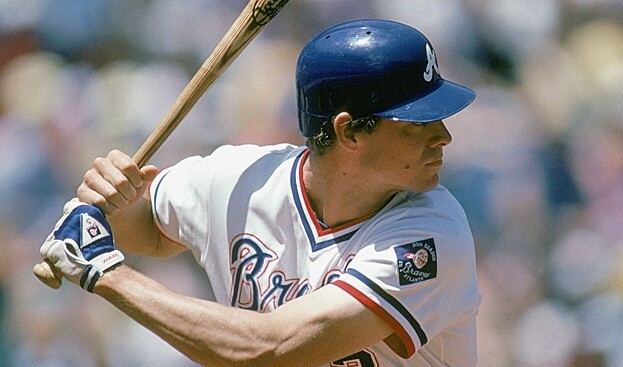
Image from cbssports.com.
In fact, just a year after his baptism, Dale Murphy wanted to serve a mission. "But several local Church leaders felt he could do a greater missionary work in baseball and encouraged him to remain," a 1985 Ensign article states.
But that call wouldn't come for another 12 years when Dale Murphy and his wife Nancy were called to preside over the Boston Massachusetts Mission.
In the meantime wrote a column for youth in the Atlantic Journal-Constitution, something that allowed him to share some of his cherished beliefs. "I’d like to help [kids] understand that our bodies are sacred, that we have more freedom to think and walk and talk if we keep ourselves clean—in mind and body," Murphy told the Ensign.
Harmon Killebrew
The greatest Latter-day Saint hitter of all time, Harmon Killebrew began his incredible 22-year professional baseball career at 17 years old. As a 13-time American League All-Star, a six-time American League home run leader, and the 1969 American League MVP, Killebrew ("Killer") was inducted into the National Baseball Hall of Fame in 1984. (There were even some myths that he was the model for the MLB logo.)
But Killebrew used his time as a public figure to promote much more than baseball.
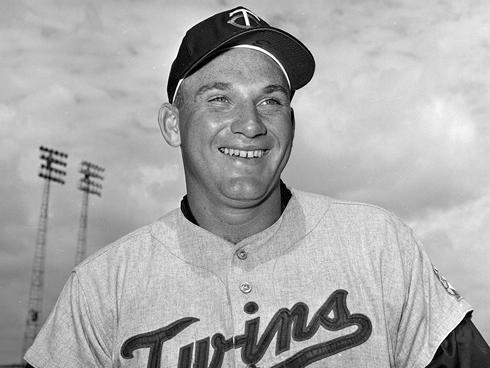
Image from usatoday30.usatoday.com.
As the July 1973 Ensign notes, quoting from a Family Weekly article. “Yet, to hear Harmon Killebrew tell it, being an idol at the stadium doesn’t count for much if a man is a failure at home.”
The article continues, sharing quotes from Killebrew, “'Someday I’ll retire from baseball, but I’ll always be the father of my children. And if I fail with my family, nothing else matters.'" In talking about family home evening, he said, "'On those evenings we can discuss each other’s personal aspirations. We can solve family difficulties as a group, not as a know-it-all father handing down decisions. We hold family councils, and there we work out the rules of our household. A child is much more apt to obey a rule if he helped to set it.'”
